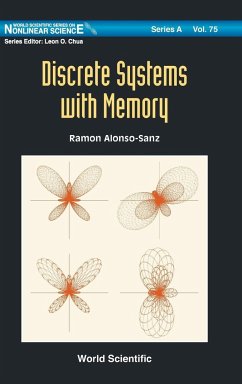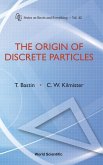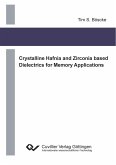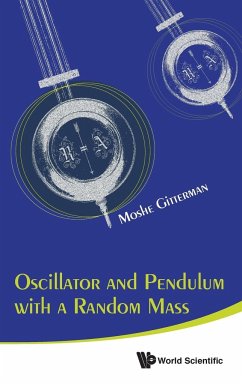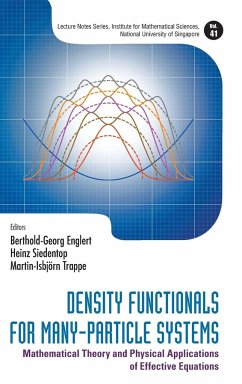Memory is a universal function of organized matter. What is the mathematics of memory? How does memory affect the space-time behaviour of spatially extended systems? Does memory increase complexity? This book provides answers to these questions. It focuses on the study of spatially extended systems, i.e., cellular automata and other related discrete complex systems. Thus, arrays of locally connected finite state machines, or cells, update their states simultaneously, in discrete time, by the same transition rule. The classical dynamics in these systems is Markovian: only the actual configuration is taken into account to generate the next one. Generalizing the conventional view on spatially extended discrete dynamical systems evolution by allowing cells (or nodes) to be featured by some trait state computed as a function of its own previous state-values, the transition maps of the classical systems are kept unaltered, so that the effect of memory can be easily traced. The book demonstrates that discrete dynamical systems with memory are not only priceless tools for modeling natural phenomena but unique mathematical and aesthetic objects.
Hinweis: Dieser Artikel kann nur an eine deutsche Lieferadresse ausgeliefert werden.
Hinweis: Dieser Artikel kann nur an eine deutsche Lieferadresse ausgeliefert werden.

